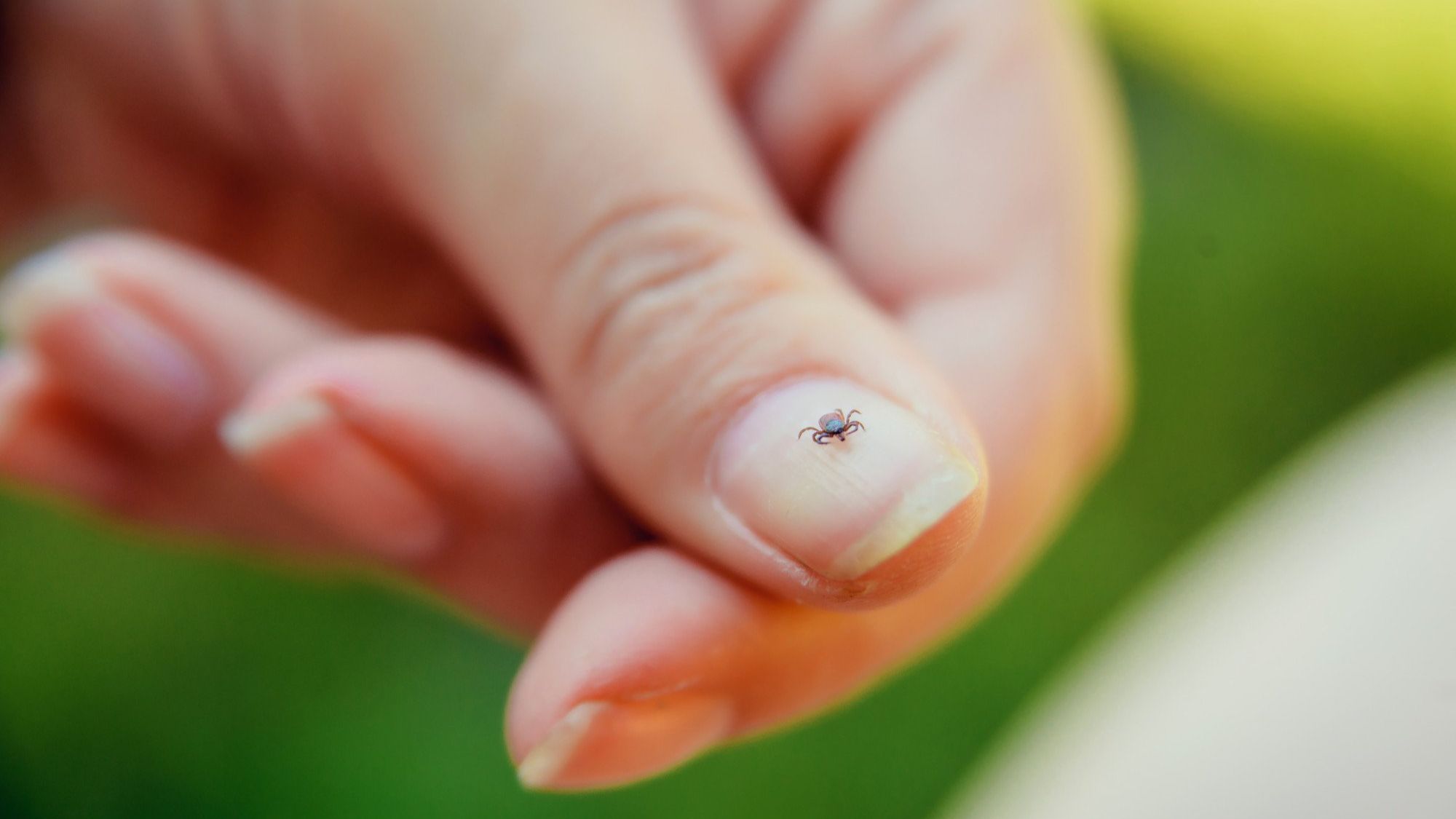A Guide to Treatment Options for a Bartonella Infection
Sep 12, 2023
A Bartonella infection can be scary to go through, especially if your child is affected. A case in 2015 saw that a 14-year-old boy had sudden-onset psychotic behavior after infection. Without proper diagnosis, it took 18 months for him to get proper treatment.
This disease is transmitted by tick bites, fleas, spiders, and lice. You can also get it from cat scratches and bites.
Bartonella symptoms can be bad. They include aggression, fatigue, anxiety, depression, muscle and joint pains, sore soles of feet, and headaches. SIgns include blanching stretch marks that do not follwo dermal lines.
To treat these symptoms, Bartonella must be first accurately diagnosed and then treated effectively. Read on to review some of these treatment options.
Traditional Antibiotics
General practitioners will use traditional antibiotics to treat patients after a Bartonella diagnosis. These can include doxycycline. Recent practice trends also include Azithromycin or Clarithromycin and Rifampin or Bactrim.
These drugs can be effective against Bartonella. However, in children, the use of multiple antibiotics may cause gastrointestinal issues as well as possible harmful effects on the liver and kidneys.
Your body's microbiome can be compromised. It can take your body around six months or more to recover.
As you treat with antibiotics or antimicrobial herbs, you might experience Herxheimer or Herx Reactions. When experiencing a die-off reaction, you'll experience inflammation and flu-like symptoms or in increase in any of those symptoms you are trying to decrease. It is vital to work with a qualified practitioner to limit and understand these symptoms.
Lastly, biofilms and deep tissue cysts can create the persistence of infections. This makes it tough to rid your body of the infection.
Methylene Blue and Clotrimazole
Methylene blue is a medication that's usually used for methemoglobinemia. This is a condition where the body's hemoglobin can't carry oxygen efficiently. However, it's been repurposed to treat both Lyme disease and Bartonella.
Clotrimazole was originally an antifungal medication. But a 2019 study found that it's effective against stationary phase Bartonella henselae. As a result, it's combined with other medications (like methylene blue) for possible more aggressive treatment plans.
Another 2020 study showed that methylene blue and rifampin were active agents against biofilm. Several two-drug combinations of methylene blue, rifampin, ciprofloxacin, and azithromycin may be utilized to treat Bartonella and to eliminate biofilm.
Herbals and Botanicals
While the above treatment options are effective, they can come with acute and more chronic side effects.
Herbals and botanicals show promise for successful treatment. They include:
- Japanese knotweed
- Artemesia
- Houttynia
- Cryptolepsis
- Black walnut
Cryptolepis was shown to be more effective than doxycycline. In children, we ahve found these herbs and more to be safe and effective. This is vital for bug-borne illnesses like Bartonella. 10-20% of patients still have symptoms after antibiotic treatment. Herbal treatments may be necessary, effective and safe.
Get Effective Treatment for a Bartonella Infection
There are effective treatment options for Bartonella. Although antibiotics are typically used, consider herbals and botanicals in children instead. Have you noticed Bartonella symptoms and want to be treated with herbals and botanicals? Then go ahead and make an appointment with us.
Although our waitlist can be three months or longer though, we have multiple ways to engage with Dr. O'Hara in her membership program as well as her mentorship program working with other practitioners.



